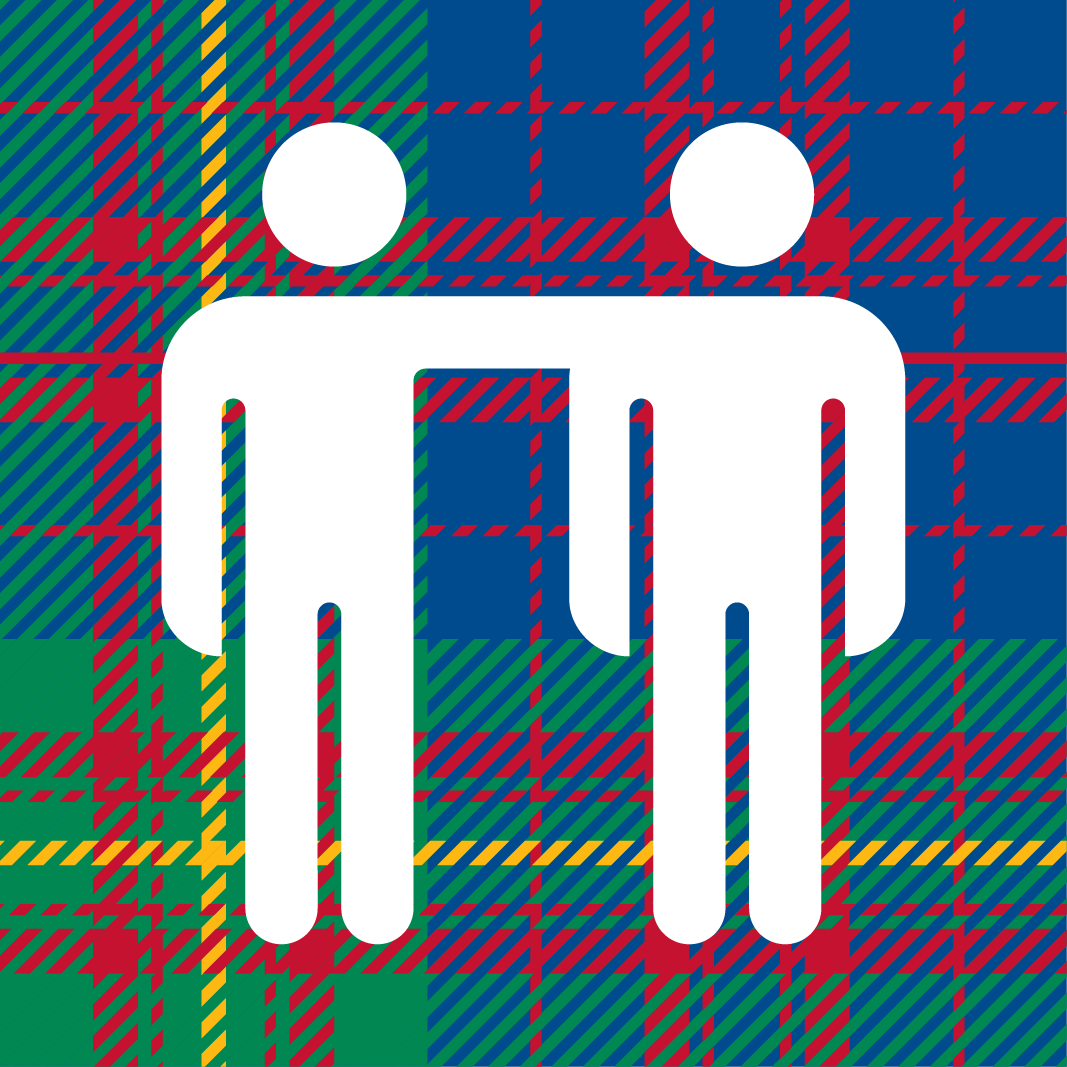Utilitarianism is a consequentialist moral theory, meaning the core to determining what is right and wrong depends on the effects of each action we take. Utilitarians believe that the purpose of morality is to make life better by increasing the amount of good things (which can be things like pleasure or happiness), and decreasing the amount of bad, (such as pain and unhappiness).
Within utilitarianism there are usually two distinctions made, between act and rule. Rule utilitarianism says that we can produce more beneficial results by following rules than by always performing individual actions whose results are as beneficial as possible. This suggests that we should not always perform individual actions that maximize utility, but instead always stay in accordance with our pre-determined rules. Act utilitarianism says that if our aim is always to produce the best results, that in each case of deciding what is the right thing to do, we should consider the available options, predict their outcomes, and approve of the action that will produce the most good.
While utilitarianism is seemingly a straight forward, relying on the simple principle, do what produces the most good, it has many complexities. For instance, what is good? Do we simply measure it by what produces the most pleasure, happiness? What is happiness, how can we measure it? What are the systems or algorithms we can use to determine what options there are? What mechanism can we use to weigh these options, and make choices about them within a reasonable amount of time? These questions among others keeps the conversations open for utilitarianism as a viable system of morality.
